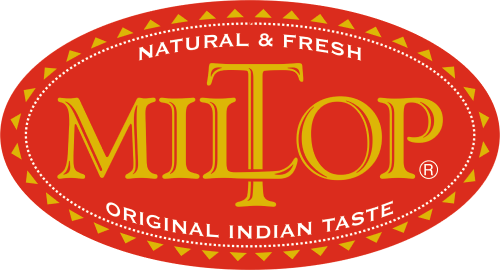Description
Guggul or Mukul myrrh tree) is a flowering plant. From this tree exudes a resinous sap from incisions that are made in its bark. The Guggul plant may be found from northern Africa to central Asia, but is most common in northern India. Gugar is an oleo-gum-resin. When fresh it is moist, vicid, fragrant and yellow in colour. IT burns in fire, melts in the sun and forms a milky emulsion with water. Gum contains volatile oil 7 to 17 %, resin 25 to 40 %, gum 57 to 61 % and 3 to 4 % impurities. Volatile oil contains cuminic aldehyde, eugenol, metacresol, pinene, limonene, dipentene and two sesquiterpenes. Resin contains three free resin acids 0, 13 and y commiphoric acids, esters of another resin acid and two phenolic resins. Guggal is used in perfumery and in Pharmaceutical. It has a bitter taste. It is commonly used in incense and perfumes. Guggul can be purchased in a loosely packed form called Dhoop, an incense from India, which is then burned over hot coals. This produces a fragrant dense smoke. The burning coals which produces the smoke is carried around in different rooms and held in all the corners of the room for a few seconds. This is said to drive away evil spirits as well as remove the evil eye from the home and its family members.
Guggal has been a key component in ancient Indian Ayurvedic system of medicine and now is widely used in modern medicine for treatment of heart ailments.Guggal has been a key component in ancient Indian Ayurvedic system of medicine, and now is widely used in modern medicine for treatment of heart ailments. The extract, called gugulipid, guggulipid or guglipid, comes from the Guggal or Guggul tree and has been used in Ayurvedic medicine, a traditional Hindu medicine
- Guggul helps reduce high cholesterol, because it lowers harmful low-density lipoproteins while elevating the beneficial high-density lipoproteins. It helps prevent blood platelet aggregation and breaks up already formed blood clots. Thus, it helps prevent heart disease and stroke.
- Guggul is also widely promoted as a weight loss agent that supposedly enhances thyroid function.
- Guggul lipid stimulates the activity of white blood cells in the body, contributing to the build-up of the immune system. Guggul lipid also helps eliminate and expel dead tissues, wastes, and toxins from the body.
- Guggul lipid has been known to relieve coughing and lung congestion, soothe mucous membranes and alleviate other respiratory problems.
- Guggul lipid may also be used to treat arthritis and reduce inflammation of the joints.
- A small controlled trial compared oral gugulipid against tetracycline for the treatment of acne, and reported equivalent results.
- Slight yellow coloured Granular dry Powder for years; it has been used for the treatment of arthritis.
- Modern research also found that Guggul can also prevent heart attacks.
- Guggulsterones were also reported to have pronounced antioxidant activity, by protecting the important free radical scavenger enzyme SOD (superoxide dismutase), and keeping it in higher levels. SOD protects the heart by scavenging the destructive superoxide radicals and preventing oxidative damage to the heart muscle.
- Also, various studies indicate Guggul gum produced a marked reversal of the metabolic changes occurring in people with reduced blood supply to the heart (ischemia).


